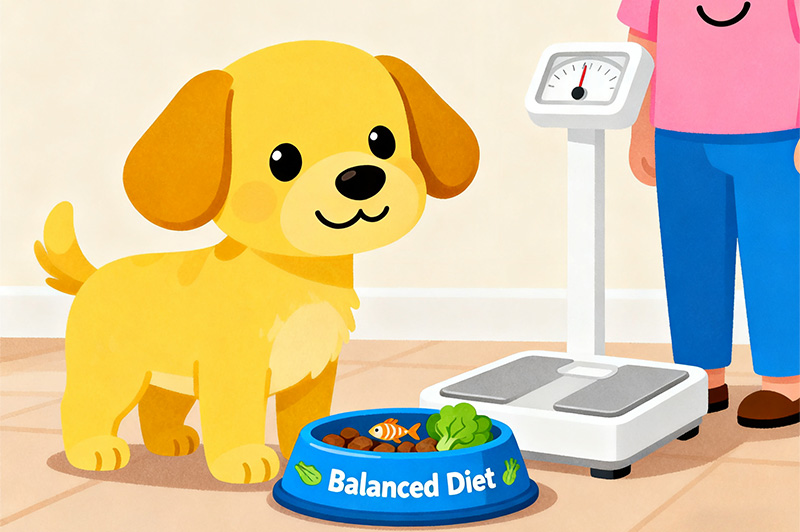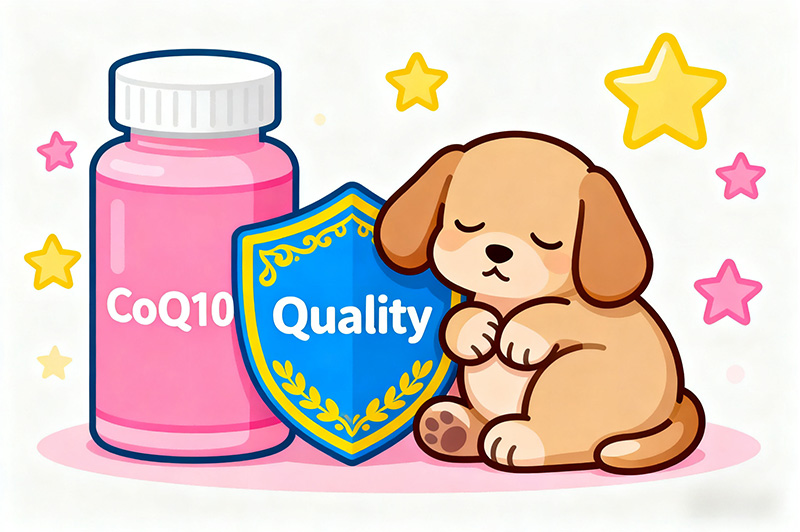

Dec. 31, 2025
Routine examinations are non-negotiable for dogs with heart disease. Experts recommend bi-annual check-ups that include both general physical assessments and specialized heart screenings. "These visits allow vets to track changes in heart size, function, and blood pressure using tools like echocardiograms or X-rays," says Dr. Sarah Lewis, a veterinary cardiologist at City Animal Hospital. "Early detection of subtle changes—such as mild fluid retention—lets us adjust treatment before the issue worsens."
While a low-salt diet is foundational, overall nutritional balance and maintaining a healthy weight are equally important. Overweight dogs face increased heart strain, as extra body mass forces the heart to work harder to pump blood. "Work with your vet or a veterinary nutritionist to create a meal plan that meets your dog’s specific needs—this may include adjusting calorie intake or adding supplements to support heart health," advises Dr. Lewis. "Avoid free-feeding; instead, stick to measured portions to prevent overeating."

As highlighted in the first article, gentle exercise is key—but consistency matters too. Regular, low-intensity activity helps maintain muscle mass, support circulation, and prevent weight gain, all while avoiding heart strain. "Aim for a predictable routine, such as short walks after meals," says Dr. Michael Reed, a general practice vet. "Avoid exercise in extreme weather—hot, humid, or cold conditions can stress a dog’s heart. If your dog has a more advanced disease, your vet may recommend supervised physical therapy to ensure safety."

Two common mistakes can put dogs with heart disease at risk: misuse of medication and selecting low-quality supplements.
Avoid Medication Misuse: Prescription heart medications are carefully dosed based on a dog’s weight, disease stage, and other health conditions. "Never adjust the dose or stop giving medication without your vet’s approval," warns Dr. Reed. "Overdosing can cause severe side effects, such as liver damage, while underdosing may fail to control the disease. Also, be cautious with over-the-counter drugs—some, like non-steroidal anti-inflammatories (NSAIDs), can interact with heart medications and harm your pet."
Choose High-Quality Supplements: When selecting products like Coenzyme Q10 (CoQ10), prioritize quality over cost. "Look for brands with transparent labeling—they should clearly state the CoQ10 content per serving and list all ingredients," says Dr. Lewis. "Some trusted products include imported black pepper extract, which enhances CoQ10 absorption and improves overall value. Avoid generic or unbranded supplements, as they may contain impurities or inconsistent doses."
By combining daily care, long-term lifestyle management, and careful safety practices, pet owners can provide the best possible support for their dogs with heart disease. For personalized advice, always consult a board-certified veterinary cardiologist or your primary care vet—they can tailor a plan to your dog’s unique needs.